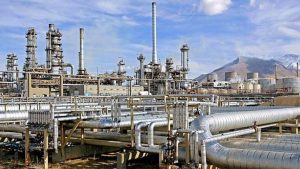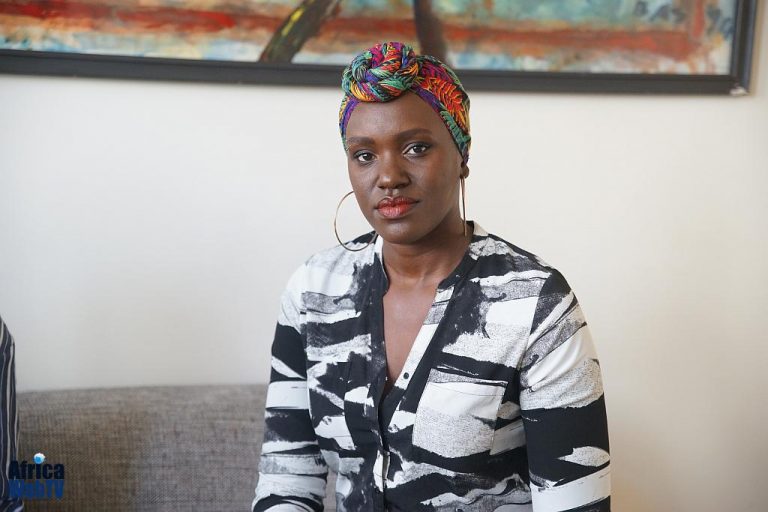Nigeria Still Needs A Lot Of Catching Up To Do – Ishola Ninuola
Oil Block Licensing and Domestic Investors: Nigeria still needs a lot of catching up to do.
A major bane of oil administration in Nigeria is the thinking in Nigerian government circles that Nigeria can always run major policy issues its own Nigerian way. No. There is international template if Nigeria wants to successfully compete in the international market. Time there was when Nigerian oil bidding rounds were so opaque, oil blocks were virtually awarded to people in their bedroom, and they now shop around in the world looking for whom to sell the oil block to. The oil block hawker just simply collected commission and goes around ‘chopping life’.
And this was reported nearly everywhere in Africa among its policy and political elites responsible for management of mineral resources assets in Africa. Several years back a Guinean minister was reported as taking a $10 million bribe from a Chinese company on an iron-ore bid in Guinea. He moved it around first to Far-East banks, and finally landed it in a US bank, where he was promptly arrested for money laundering. As long as such practices continue, African oil and mineral assets can not be competitive on the international raw materials market. One hoped that by now, the relevant Nigerian policy elite would have learnt from this, in her current oil block bidding rounds, as it relates to domestic investors; and openness and transparency should be the guideline now.
It is a big pity that Nigeria lost opportunity in the hey-days of oil development, and lost opportunity to really use oil resources to successfully diversify its economy even as its contemporaries in the Gulf (the Dubais, Qataris, Saudis, etc) did. Even when recently Saudi Aramco was reformed, the next thing that followed was that it floated on the market, and was heavily subscribed. Nigeria has not done anything close to this after its passing of its highly hyped Petroleum Industry (PIA) Bill. There are informed opinion today which states that Nigeria has to take a second look at its PIA bill, really clean it up to international standards, and go to the market.

If Nigeria took real advantage of her sweet crude oil assets in the past, training its NNPC manpower alone to lead in technology development, today she would have been a leader in the production of relatively clean end products. And in a world market now conscious about climate change consequences, her products say in gas and condensates would by now have market advantages. Even her much hyped LNG market is barely pulling its weight because of political interference. One still sees the Nigerian Legislative House even this week applying its usual pressure on critical and strategic economic sector like the LNG, which is still battling with its trains 7-8, where its contemporaries which started about the same time are reportedly going for trains 14-15 now. Let us imagine a position where Nigeria becomes a hub for aviation fuel, alone, and we imagine what huge difference that alone would make to its economy.
One tries to state all of these to point out that she can not continue to manage her oil resources as before, and expect good returns. The Nigerian oil policy elite must be determined to change; and we should all be aware that this has huge consequences for its security and survival going forward, and time is no longer on her side – not with the current climate change awareness. We say all of these within the context of the new extension of its continental shelf assets, for which its policy elite should be congratulated!! To derive maximum benefit from this assets she has just acquired, she should now be determined to uphold openness and transparency to international standards; especially now that domestic investors are venturing boldly into its oil sector.






